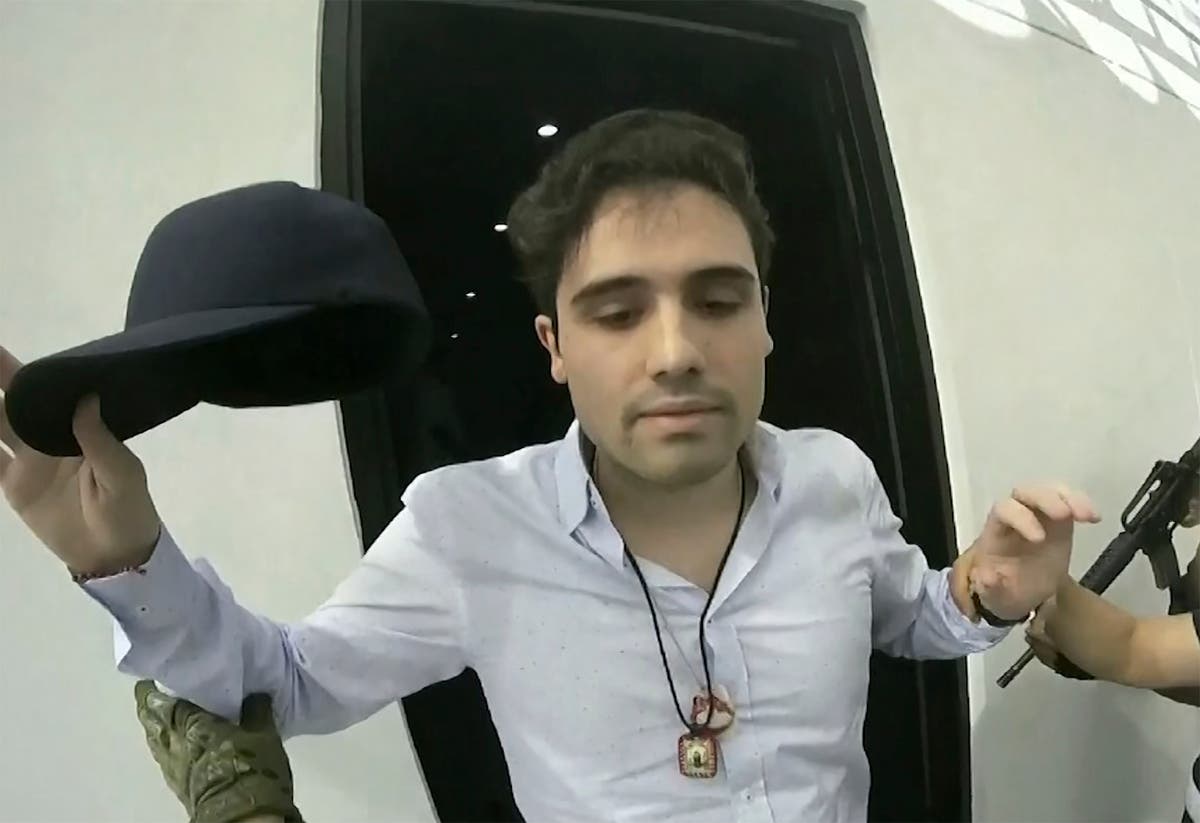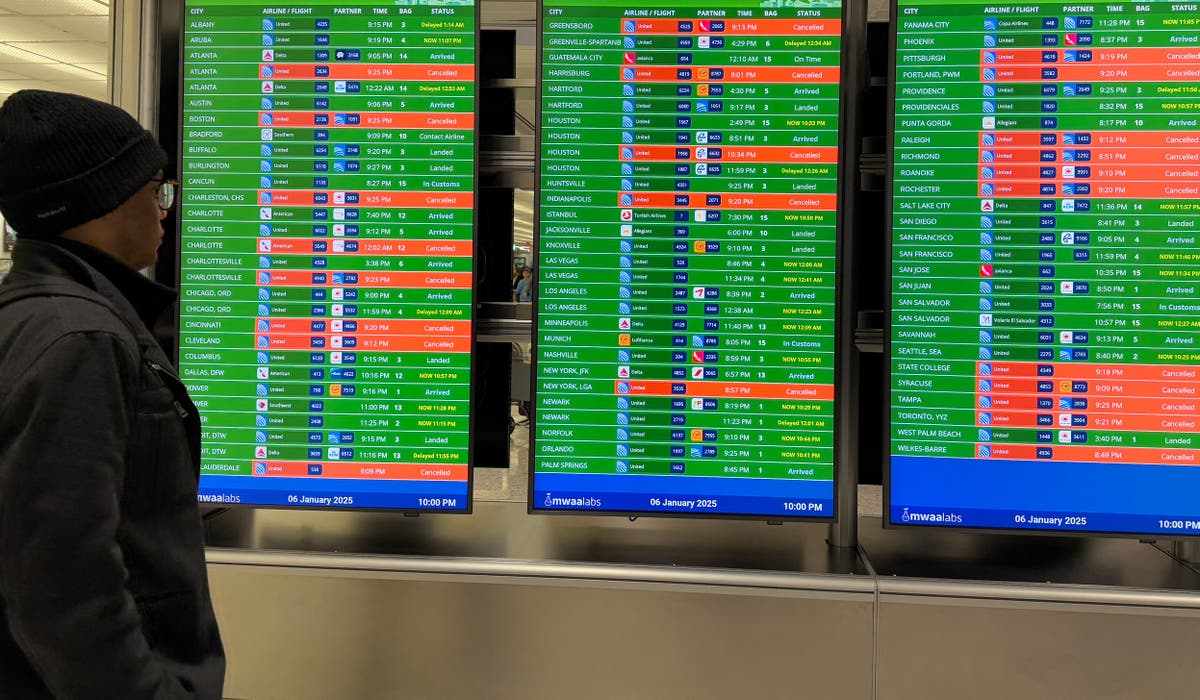Canadian Prime Minister Justin Trudeau announced his resignation as leader of the Liberal Party on Monday, bowing to mounting pressure from within his own party. The resignation comes amidst a period of declining public confidence and internal strife.
Trudeau's decision follows a string of resignations and critical calls for his departure. Key to the crisis was the December resignation of Deputy Prime Minister Chrystia Freeland, who cited disagreements over the handling of US tariffs as the primary reason for her departure. This event, coupled with low approval ratings and the cost-of-living crisis, eroded public trust in the Liberal Party.
Internal dissent escalated in the weeks following Freeland's resignation. Dozens of Liberal MPs publicly called for Trudeau to step down. A significant portion of Liberal MPs in Ontario, Canada's most populous province, voiced their support for his resignation. This pressure culminated in a letter from Liberal MP George Chahal, urging the caucus to support calls for Trudeau's resignation and the appointment of an interim leader.
Opposition parties, including the Conservatives, New Democrats, and Bloc Québécois, signaled their intention to move for a non-confidence vote in January, alleging a lack of confidence in the Trudeau-led government. A non-confidence vote could have triggered an early federal election, a significant political risk for the Liberals.
Facing a likely defeat in such a vote, Trudeau opted to step down. He stated that the internal conflicts made him an ineffective leader. The Liberal Party will now initiate the process of selecting a new leader, while Parliament will be suspended until March, potentially delaying the potential non-confidence vote. Trudeau's resignation leaves the political landscape in flux and raises questions about the future direction of the Liberal Party.







